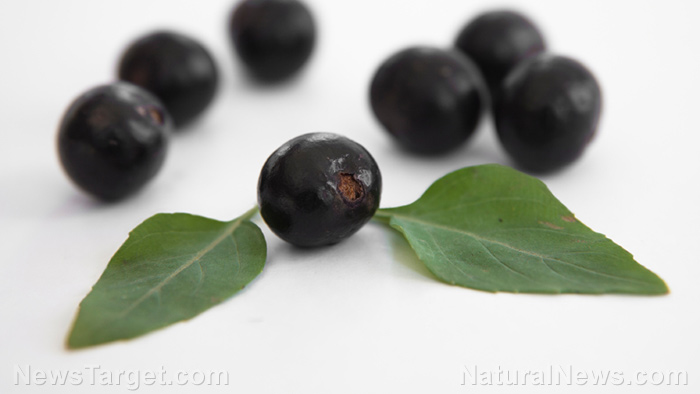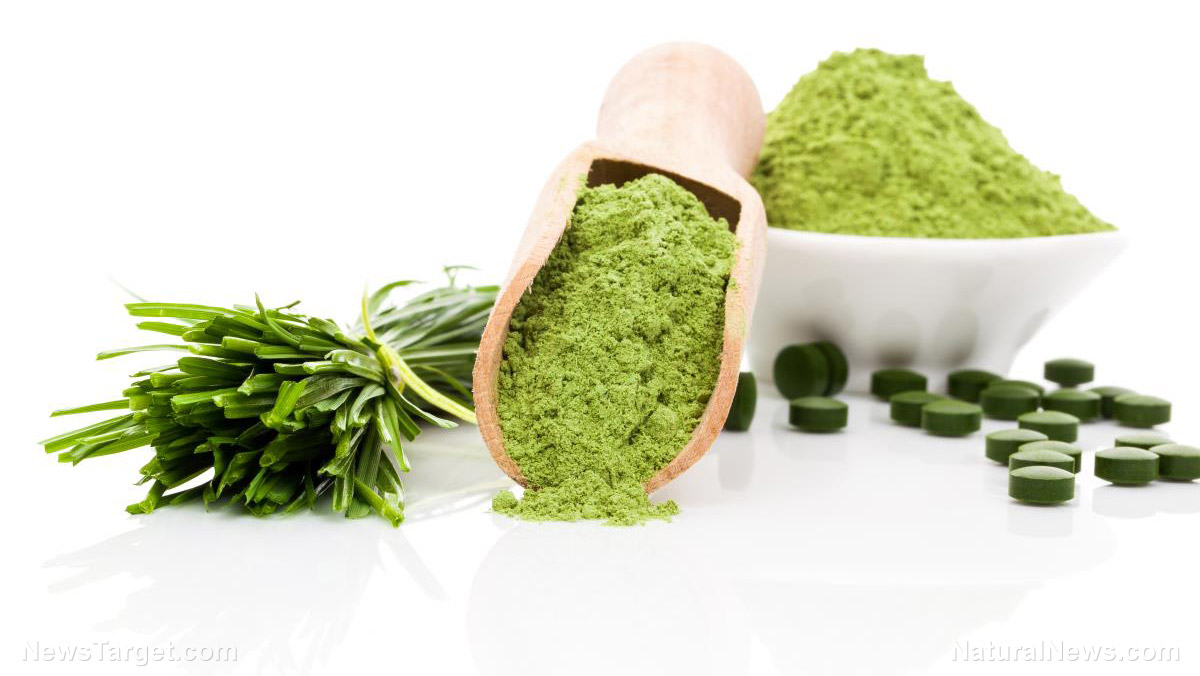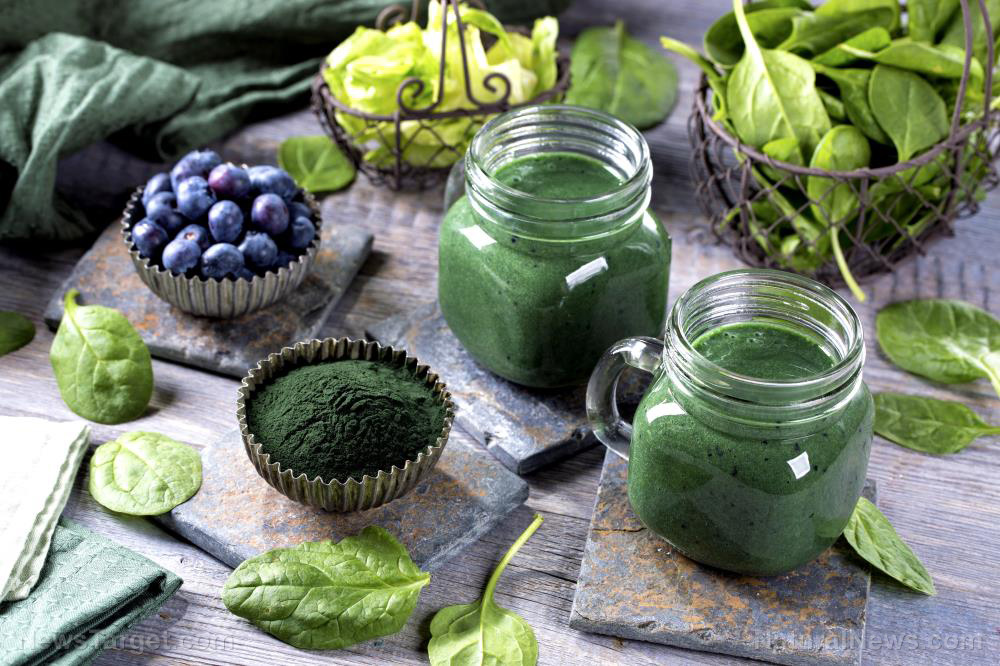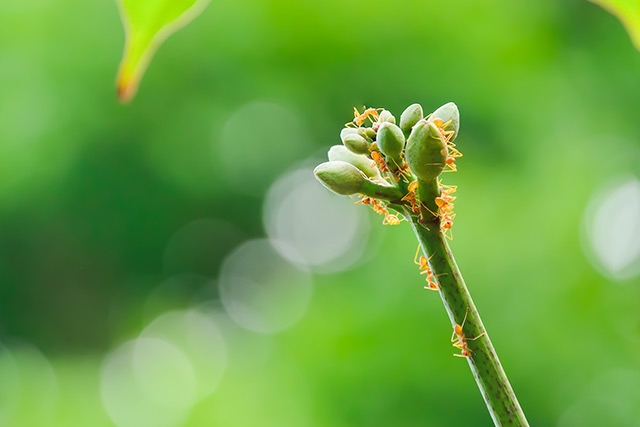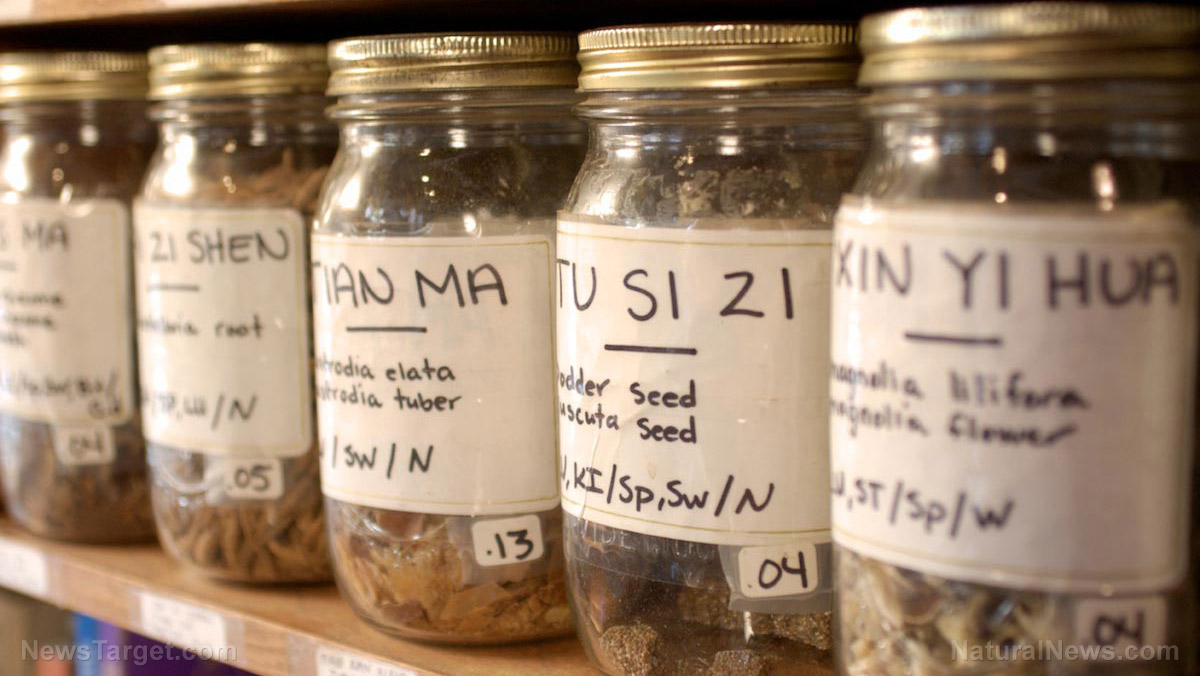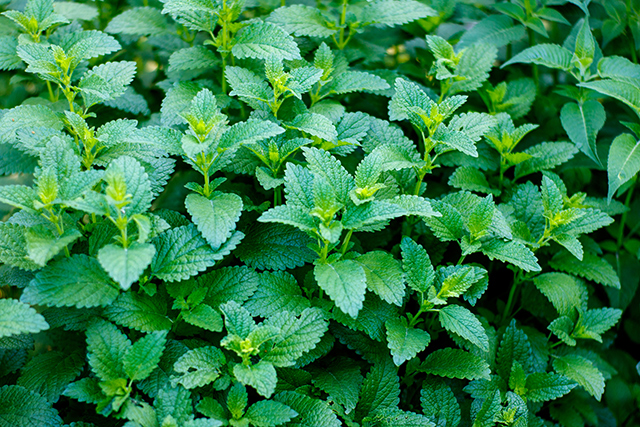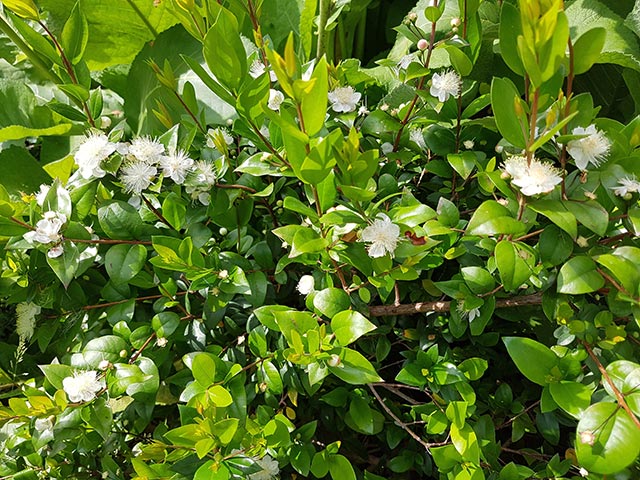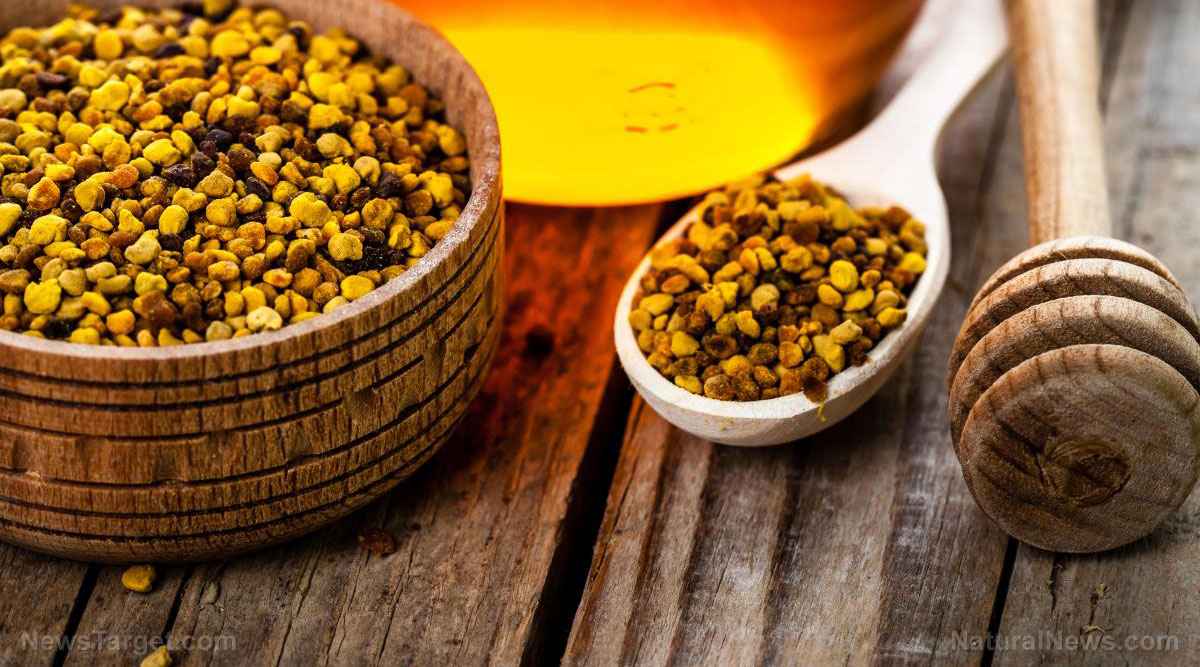Weeping wattle shows potential in treating pain-related conditions
10/23/2018 / By Ellaine Castillo

Too much of anything is bad for a person’s health. This is also true when it comes to the body’s immune responses, especially since inflammation is only beneficial at moderate levels. When inflammation is not reduced even after the pathogen has been removed, it is considered as chronic inflammation, a condition often associated with painful symptoms. To get rid of pain, anti-inflammatory substances are utilized. A study conducted by researchers from the Tshwane University of Technology and the University of Pretoria revealed that extracts from weeping wattle (Peltophorum africanum) have potential in treating pain-related conditions because it exhibits potent anti-inflammatory activity.
Chronic inflammation can be caused by many things, including untreated acute inflammation, autoimmune disease, or prolonged exposure to irritants. It is important to treat chronic inflammation to avoid potential damage to DNA, cells, tissues, and organs since these could progress to more severe diseases like cancer, heart disease, arthritis, and neurodegenerative diseases. Although there are treatments available for chronic inflammation, the majority of these are associated with increased risk of diseases, such as ulcers, kidney disease, stroke, and heart attack. Because of this, natural anti-inflammatory substances are now preferred.
The weeping wattle is a traditional medicine commonly used for treating painful chronic inflammatory conditions like rheumatoid arthritis. Previous studies have shown that extracts from this plant inhibited the activity of mediators of inflammation. However, the mechanism behind its anti-inflammatory activity has not been properly established in prior studies.
In this study, which was published in the Journal of Evidence-Based Integrative Medicine, the researchers wanted to determine the underlying mechanism behind weeping wattle’s anti-inflammatory activity. To do this, they made use of in vitro cultures of lipopolysaccharide-stimulated RAW264.7 macrophage cells.
The researchers evaluated the anti-inflammatory effects of treatment with extracts and compounds from weeping wattle based on their effects on cytokine production. They observed that the treated cells had reduced production of pro-inflammatory cytokines. Aside from this, they also observed the inhibition nuclear factor kappa-light-chain-enhancer of activated B cells (NF-kappa B), which is responsible for stimulating pro-inflammatory cytokine production.
In addition to this, the researchers also evaluated the cytotoxicity of the extracts to eliminate the possibility that inflammation was only reduced because of cell death. Results showed that the extracts were safe for the macrophages, proving that inflammation is caused solely by the observed inhibition of pro-inflammatory cytokine production.
These findings prove that weeping wattle can be used for the treatment of pain-related chronic inflammatory conditions since it exhibits potent anti-inflammatory activity. The mechanism behind its anti-inflammatory activity involves the reduced production of pro-inflammatory cytokines brought about by NF-kappa B inhibition. From these results, it can be determined that weeping wattle is a safe and effective alternative to harmful anti-inflammatory drugs. (Related: Ibuprofen (Advil) kills thousands each year, here’s what you SHOULD be using instead.)
Anti-inflammatory herbs
Aside from weeping wattle, the following herbs also exhibit potent anti-inflammatory activity:
- Turmeric – The characteristic yellow color of turmeric is brought about by the presence of curcumin, a known anti-inflammatory agent. Previous studies have shown that aside from having anti-inflammatory effects, curcumin also has anticancer and antioxidant activities.
- Black pepper – Piperine doesn’t just give black pepper its unique flavor, it also gives it its anti-inflammatory activity. Aside from reducing inflammation, piperine is also an effective pain reliever.
- Ginger – Previous studies have shown that ginger can reduce inflammation and relieve pain better than non-steroidal anti-inflammatory drugs available on the market. Similar to weeping wattle, it also reduces inflammation by inhibiting expression of pro-inflammatory genes.
Learn more about how pain-related conditions are remedied by extracts from the weeping wattle by visiting Cures.news today.
Sources include:
Tagged Under: anti-inflammatory activity, arthritis, autoimmune disease, chronic inflammation, chronic inflammatory conditions, cytokines, immune response, immune system, inflammation, pain, pain relief, Peltophorum africanum, pro-inflammatory cytokines, rheumatoid arthritis, weeping wattle



